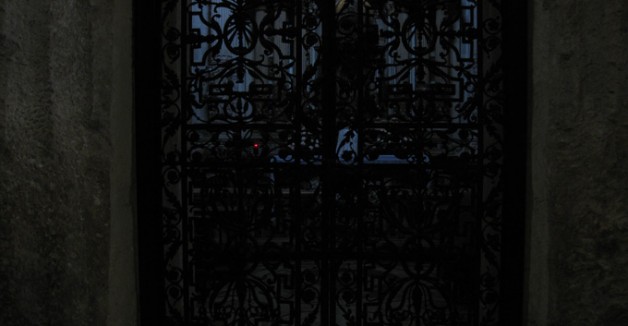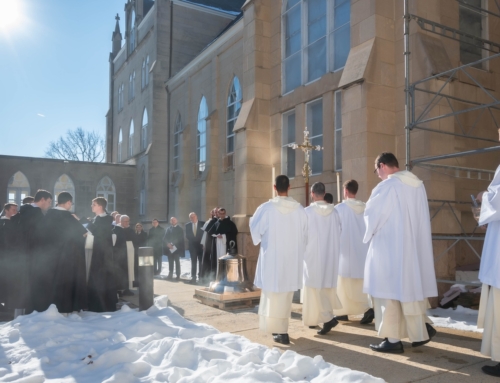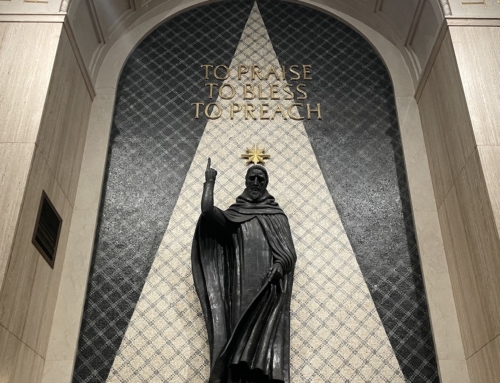When Julian the Apostate, the late Roman emperor notorious for his hatred of Christianity, visited the city of Daphne outside of Antioch in October of 362, he was more than a little disappointed. Julian, an absolute zealot for the sacrificial cults of the pagan gods, recounts in a letter how he did not arrive to find the huge religious festival he expected:
And I pictured to myself, like a man seeing visions in a dream, what the procession would be like, the animals for sacrifice, the libations, the hymns in honor of the god, the incense, the youth of your city gathered about the sacred precinct, their souls enveloped in reverence for the god, their bodies dressed in white garments. But when I entered the precinct, I found neither incense, nor barley-cake, nor sacrificial victim… when I inquired what sacrifice the city was going to offer to celebrate the annual festival of the god, the priest replied: “I have brought with me from my own house a goose as an offering for the god, but so far the city has made no preparations.”
This same temple of Apollo burned down a few days later and the massive cult statue of Apollo was destroyed. The mighty emperor in his attempt to restore paganism to its former glory was received not by an enormous entourage, but by the local pagan parson and his pet goose. To top it all off, the god he had come to adore was reduced to ashes.
Julian’s hatred for Christianity is related to this scene. Julian argued that Christianity was worthless precisely because it lacked any notion of sacrifice. He had much warmer feelings towards Judaism because of its robust tradition of Temple sacrifice, and it is for this reason (and perhaps to anger the Christians) that he began to help the Jews rebuild the Temple in Jerusalem.
I offer all of this by way of a sort of Advent meditation. The coming of Christ hails the ultimate smashing of idols and the perfect fulfillment of all sacrifice. The Incarnation ousts idols because the proper object of man’s worship now lies before him: a little unassuming child in Bethlehem. All human attempts to fashion an image of God must be put to flight. God has become man, and shepherds gaze upon his face.
Julian also got it wrong about sacrifice. Christ came among us as a man not only so that we might see him, but so that he could become the true and perfect sacrifice. As Pope Benedict XVI puts it in Jesus of Nazareth, Christ’s “incarnate obedience is the new sacrifice, and in this obedience he draws us all with him and at the same time wipes away all our disobedience through his love.” His death on the cross was the complete and perfect sacrifice, and it is continually made present before us in the Mass. This is the one true sacrifice, for which pagan sacrifice was a blasphemous placebo and the Temple sacrifices of Jerusalem a foreshadowing. We come before him in the Mass, not with bulls or geese, but with our very selves, that we might participate in his own sacrifice: “You do not ask for holocaust and victim. Instead, here am I.”
Image: Raymund Snyder, Cathedral of Syracuse







